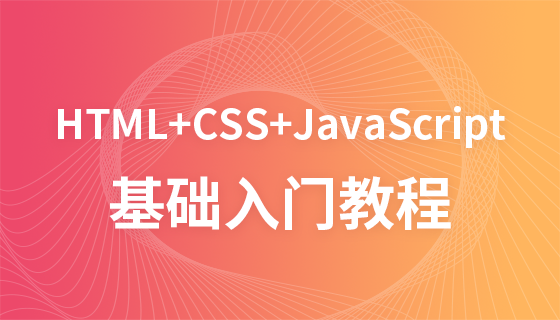
堆污染是在Java运行时发生的一种情况,当一个参数化类型的变量引用一个不是该参数化类型的对象时。在使用泛型时经常遇到这个术语。本文旨在揭示Java中的堆污染概念,并提供解决和预防堆污染的指导。
Before we delve into heap pollution, let's quickly review Java generics. Generics were introduced in Java 5 to provide type-safety and to ensure that classes, interfaces, and methods could be used with different data types while still maintaining compile-time type checking
泛型有助于检测和消除在Java 5之前的集合中常见的类转换异常,您必须对从集合中检索到的元素进行类型转换。
堆污染是指参数化类型的变量引用了不同参数化类型的对象,导致Java虚拟机(JVM)抛出ClassCastException异常。
List<String>list = new ArrayList<String> (); List rawList = list; rawList.add(8); // heap pollution for (String str : list) { // ClassCastException at runtime System.out.println(str); }
In the code snippet above, the ArrayList should only contain String types, but the raw List reference rawList adds an Integer to it. This is a valid operation because raw types in Java are not type-checked at compile time. However, when the enhanced for loop tries to assign this Integer to a String reference in the list, a ClassCastException is thrown at runtime. This is a clear example of heap pollution
While heap pollution can lead to ClassCastException at runtime, it can be mitigated using several practices
避免混合使用原始类型和参数化类型 − 这是防止堆污染最直接的方法。避免在代码中使用原始类型,并确保所有集合都正确地进行了参数化。
Listlist = new ArrayList (); list.add(8); // compiler error
Use the @SafeVarargs Annotation − If you have a generic method that does not enforce its type safety, you can suppress heap pollution warnings with the @SafeVarargs annotation. However, use this only when you're certain that the method won't cause a ClassCastException.
@SafeVarargs static void display(List... lists) { for (List list : lists) { System.out.println(list); } }
使用 @SuppressWarnings("unchecked") 注解 − 这个注解也可以抑制堆污染警告。它是一个比 @SafeVarargs 更广泛的工具,可以用于变量赋值和方法。
@SuppressWarnings("unchecked")
void someMethod() {
List list = new ArrayList();
List rawList = list;
rawList.add(8); // warning suppressed
}
堆污染是Java中的一个潜在陷阱,当混合使用原始类型和参数化类型时,尤其是在集合中时会出现。虽然它可能导致运行时异常,但是通过理解和遵循泛型的最佳实践可以很容易地防止它。Java的@SafeVarargs和@SuppressWarnings("unchecked")注解可以用于在适当的情况下抑制堆污染警告,但关键是始终确保代码的类型安全。
以上就是什么是Java中的堆污染,如何解决它?的详细内容,更多请关注php中文网其它相关文章!

已抢65482个
抢
已抢29906个
抢
已抢16353个
抢
已抢8293个
抢
已抢10726个
抢
已抢21948个
抢